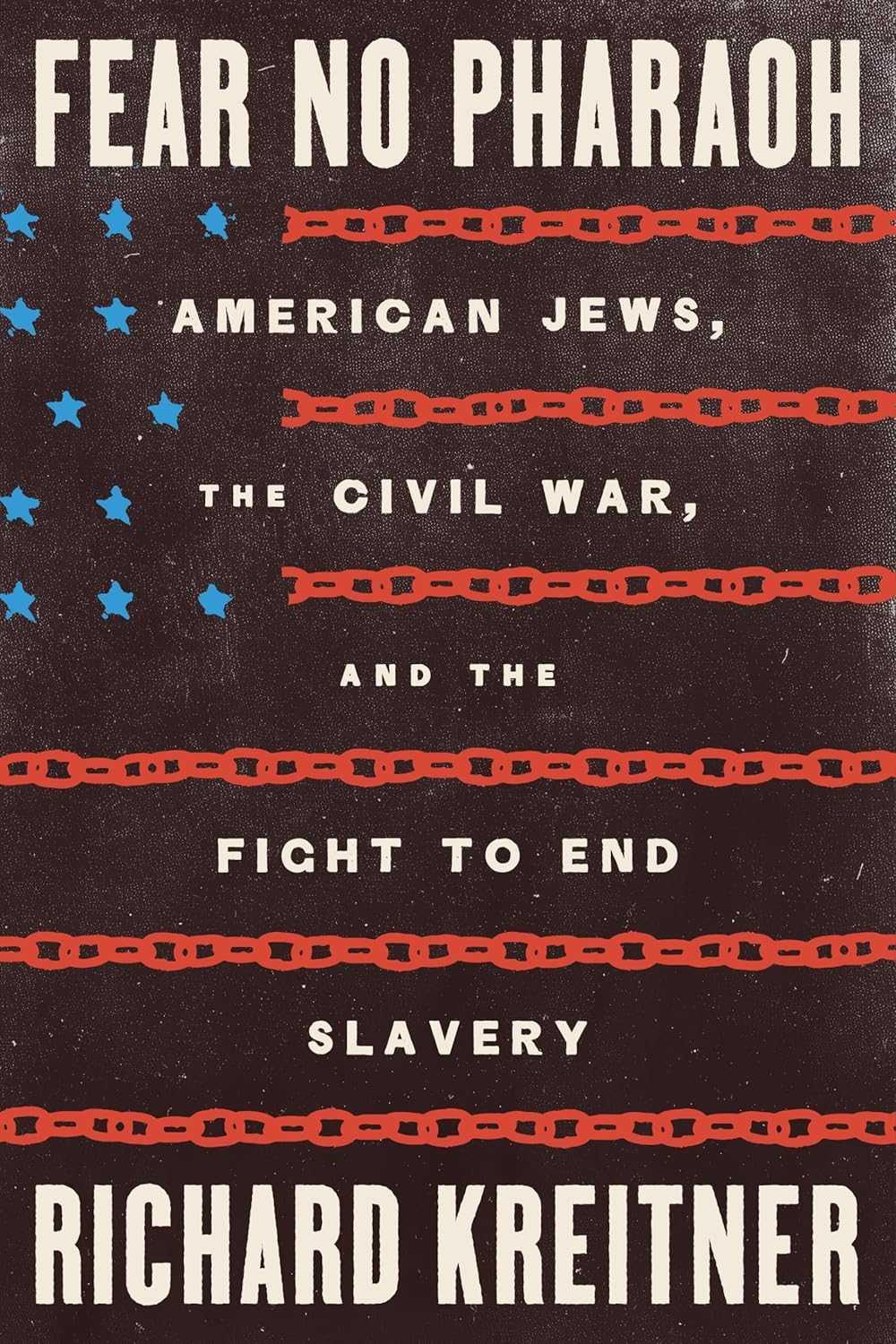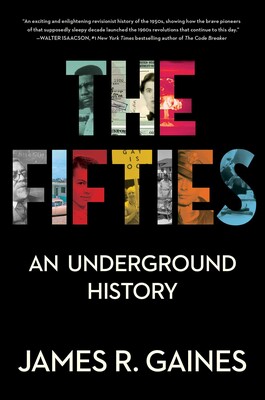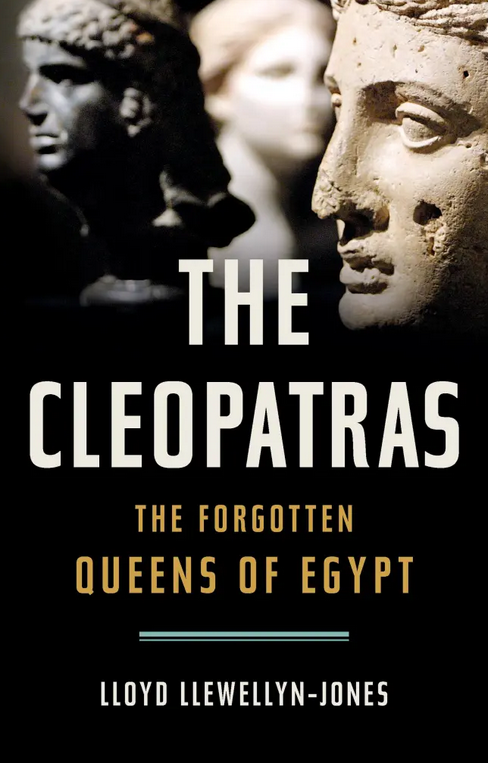Fear No Pharaoh: American Jews, the Civil War, and the Fight to End Slavery
- By Richard Kreitner
- Farrar, Straus and Giroux
- 416 pp.
- Reviewed by Eugene L. Meyer
- April 7, 2025
Jews’ divided response to slavery mirrored America’s.

Is it good for the Jews?
The question, somewhat nervously asked by and among American Jews, is not just Borscht Belt shtick. It reflects the chronic insecurity of Jews in America. Even among those who are secular and assimilated, there is always an underlying fear of resurgent antisemitism unfairly triggered by stereotypes and unleased by external events beyond their control.
The stresses posed by slavery and the Civil War were no different. Like other Americans, Jews on both sides held strong views. And there were also the equivocators — practitioners of both-siderism, if you will — and a silent middle, fearful that speaking out on such controversial issues would bring down society’s wrath on all Jews.
In many ways, Jewish Americans before and during the war were much like their Gentile countrymen. They were slaveholders and abolitionists. They held important elected and appointed posts in the federal and Confederate governments and donned both grey and blue uniforms. They fought and died for Dixie and celebrated the Lost Cause, and they did the same to preserve the Union.
Most were German-speaking immigrants who’d fought for liberal ideals in the unsuccessful European uprisings of 1848, and they cherished their newfound freedoms in the United States, even as many saw no contradiction in denying freedom to those held here in bondage. In the antebellum South, we learn in Richard Kreitner’s Fear No Pharaoh, owning slaves was “the ultimate mark of success,” and Southern Jews, no less than others, aimed for success. Who painted the Ten Commandments on the eastern wall of Charleston’s Beth Elohim synagogue in 1841? Slaves.
Yet while Jews assimilated into American society, with all its aspirations and prejudices, they bore a special, almost impossible burden. As inheritors of the Exodus saga — “Since we were slaves in Egypt” — they were expected to live up to the mythology the Biblical passage spawned: Could those who escaped slavery under the pharaoh avoid condemning the same practice in their adopted homeland? Jewish clergy could (and did) use Scripture both to condemn and to justify the Peculiar Institution.
Thus, the story that author and historian Kreitner tells is complex and at times seemingly contradictory. His nuanced and deeply researched treatment explores the history, the divisions, and the conflicts that faced American Jews then and still do today. Jews continue to strive for acceptance in a polarized America, and their place as unhyphenated citizens — where religion and ethnicity play no part — seems no more assured now than it was then.
As a Jewish American with progressive leanings, I found Kreitner’s book to be both enlightening and unsettling. I also learned a lot about overlooked Jewish-American leaders and followers during this tumultuous period for the republic. This is a book about people as much or more than it is a book about a people generalized as “the Jewish community” but never monolithic.
Here, we meet Ernestine Rose, a fiercely independent, European-born suffragist, abolitionist, and atheist who married a Gentile but never abandoned her Jewish roots. And here is August Bondi, who rode with John Brown in Kansas but opposed using violence to free the slaves. There are dueling rabbis — New York City’s Morris Raphall, who said God endorsed slavery, and the strongly abolitionist David Einhorn, ousted from his Baltimore congregation for his views. There is Isaac Mayer Wise, a key figure in Reform Judaism and a founder of the American Union of Hebrew Congregations and the Hebrew Union College in Cincinnati, where he equivocated over slavery. There are Jews who were slave-traders and plantation owners with a large, enslaved workforce, and there are two Jewish U.S. senators who seceded along with their states.
Judah Benjamin is one of the more intriguing figures Kreitner follows, from his origins in the British West Indies to his economic and political rise in New Orleans, to his service in the U.S. Senate and then as the Confederacy’s secretary of war and, later, secretary of state under Jefferson Davis. Rather than face the fate of President Davis, who was imprisoned after the war, Benjamin went to England, where he reinvented himself as a successful barrister, and, after a decades-long separation from his Catholic wife, rejoined her in France, where he died and was buried in a non-Jewish cemetery.
For many German-Jewish immigrants in antebellum America, the South was more hospitable, a place where they could achieve a certain social, political, and economic status based on their personal defense of and investment in slavery. Yet cotton growers were also dependent on Northern bankers, many of them Jews. That was all fine until the war led to Jewish peddlers from the North allegedly profiteering by trading with the enemy. Such charges led to Ulysses S. Grant’s infamous 1862 General Orders No. 11, barring Jews “as a class” from certain areas under Union control. The orders were rescinded by Abraham Lincoln in what was hailed as a great victory over antisemitism, but, Kreitner writes, this gauzy view elides the actual antisemitism behind it.
As much as many like to recall the role of Jews in racially progressive causes — e.g., the founding of the NAACP in the early 20th century; the Rosenwald-supported schools for Blacks in the South; and student sit-ins and Freedom Rides — Kreitner, who is himself Jewish, feels “compelled to reckon with the more discomfiting aspects of the American Jewish story.” He also writes of the sculptor, a Jewish Confederate veteran, who designed the Confederate memorial at Arlington National Cemetery, as well as the prototype for bronzed Confederate soldiers gracing courthouse grounds in small towns throughout the South. Some Jews even supported terrorist groups, including the Klan, aimed at disenfranchising Blacks during Reconstruction.
In their memoirs, letters, and stories, Kreitner writes, former Jewish slaveholders — and some of their descendants — tended to hold onto a “rose-tinted view” of how well they’d treated their slaves, considering them like family, and how loyal those enslaved people were in return. So long as they upheld such myths and defended the “Southern way of life,” Jews in Dixie felt accepted and secure.
But as the agrarian populist movement took hold toward the end of the Gilded Age, Southern whites grasping for reasons to explain their economic malaise found Jews to be an easy scapegoat. Debtors “riddled Jewish-owned stores with bullets and posted notices ordering the proprietors to leave the area ‘under penalty of death.’”
The lynching of Leo Frank in 1915 in Georgia is well known, but decades earlier, Samuel Fleischman was murdered for supporting Blacks against white terrorists in Florida, and S.A. Bierfield and the Black clerk he hired to help in his dry-goods store in Tennessee were slain after Bierfield expressed sympathy for freedmen. For Southern Jews, “Declaring one an abolitionist would have meant standing out in the crowd, an armed and dangerous one at that.”
What, then, was the properly Jewish position? In retrospect, Kreitner asserts, it’s easy to judge, but in the moment, it was not. “How the slavery struggle would turn out, what opinions and actions would seem centuries later to have been vindicated by history, was hardly clear to everyone at the time,” he writes. “Appreciating this atmosphere of chaos and uncertainty, trying to understand why people in the past made the choices and compromises they did, is crucial for understanding not only that period of Jewish and American division, but our own.”
Not judging but concluding, Kreitner quotes modern civil-rights leader Bayard Rustin, who called on Jews to live up to “your heritage…Let nothing or nobody compromise your belief in social righteousness as taught by Isaiah and Jeremiah. And let that belief manifest itself in action. Let us together build a just society.”
Eugene L. Meyer, a member of the board of the Independent, is a journalist and author of, among other books, Five for Freedom: The African American Soldiers in John Brown’s Army and Hidden Maryland: In Search of America in Miniature. Meyer has been featured in the Biographers International Organization’s podcast series.

